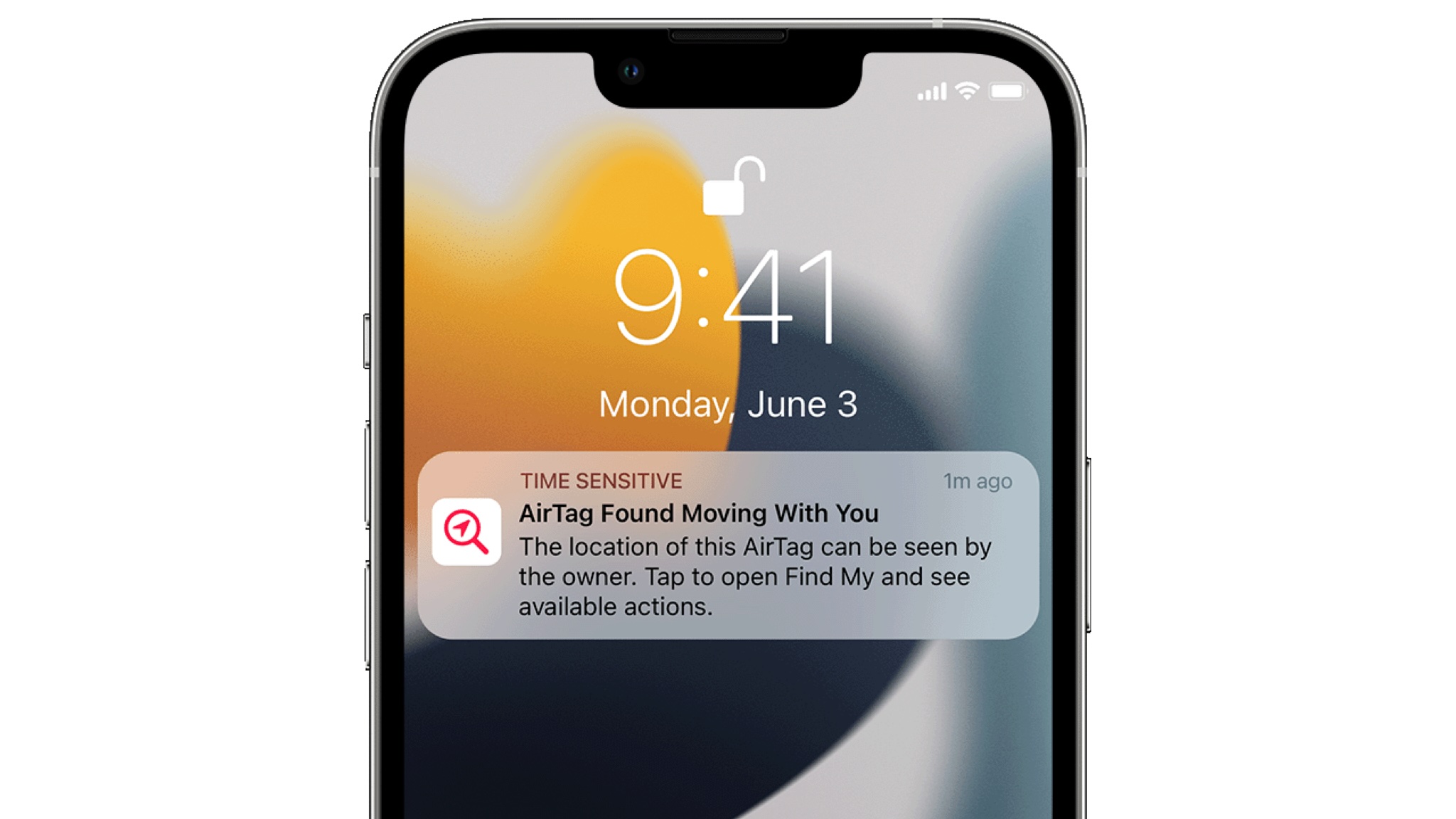

iOS got an important new feature last night, and it's part of a collaboration between Apple and Google: the iOS update includes support for the Detecting Unwanted Location Trackers specification both firms support, in order to ensure that people can't stick an AirTag or Google Find My tracker on your stuff without you knowing about it.
The inclusion in iOS is significant because it means that tracker detection won't just work on Apple's network for Apple's trackers and Google's one for Google trackers. Irrespective of where the tracker came from, your iPhone will tell you that an item has been found moving with you. You'll then be able to trigger a noise that'll help you find it, or to disable it.
While the feature is now baked into iOS, if you're on Android you'll need to install a stand-alone app called Tracker Detect. It's available from the Play Store here.
What to do if you get an alert about an unknown tracker
Trackers can come in various formats: the luggage tag-style trackers we're all familiar with, earbuds such as AirPods, or Find My-compatible hardware from third parties. So the first thing to do when you get an alert is remember whether you've borrowed, say, a friend's AirPods.
If not, the next step is to tap on the notification that says "X Found Moving With You", where X is the type of tracked item your phone has spotted. This will open up the Find My app, and it'll show you on a map where it's detected you and the mysterious item travelling together. You'll see a prominent Play Sound link that will make the item reveal itself. If that doesn't work, Apple advises you to search everywhere and if you still can't find the item, contact law enforcement.
Once you've found the item, if it's an AirTag or AirPod you can hold it close to your iPhone and after a short delay its information should pop up, including the last four digits of its registered owner's phone number. You can then disable the AirTag or other item.
The Android app isn't identical but it does work in a similar way: you can use the app to scan for AirTags or similar trackers and again, play a sound on any detected item.
Sign up to the T3 newsletter for smarter living straight to your inbox
Get all the latest news, reviews, deals and buying guides on gorgeous tech, home and active products from the T3 experts
The hope, of course, is that you won't need to use this new feature or app. But unfortunately if there's a way for tech to be abused, sooner or later it will be. So while it's taken a long time for this detection to become available, it's good to have it as standard in iOS.
Writer, musician and broadcaster Carrie Marshall has been covering technology since 1998 and is particularly interested in how tech can help us live our best lives. Her CV is a who’s who of magazines, newspapers, websites and radio programmes ranging from T3, Techradar and MacFormat to the BBC, Sunday Post and People’s Friend. Carrie has written more than a dozen books, ghost-wrote two more and co-wrote seven more books and a Radio 2 documentary series; her memoir, Carrie Kills A Man, was shortlisted for the British Book Awards. When she’s not scribbling, Carrie is the singer in Glaswegian rock band Unquiet Mind (unquietmindmusic).
-
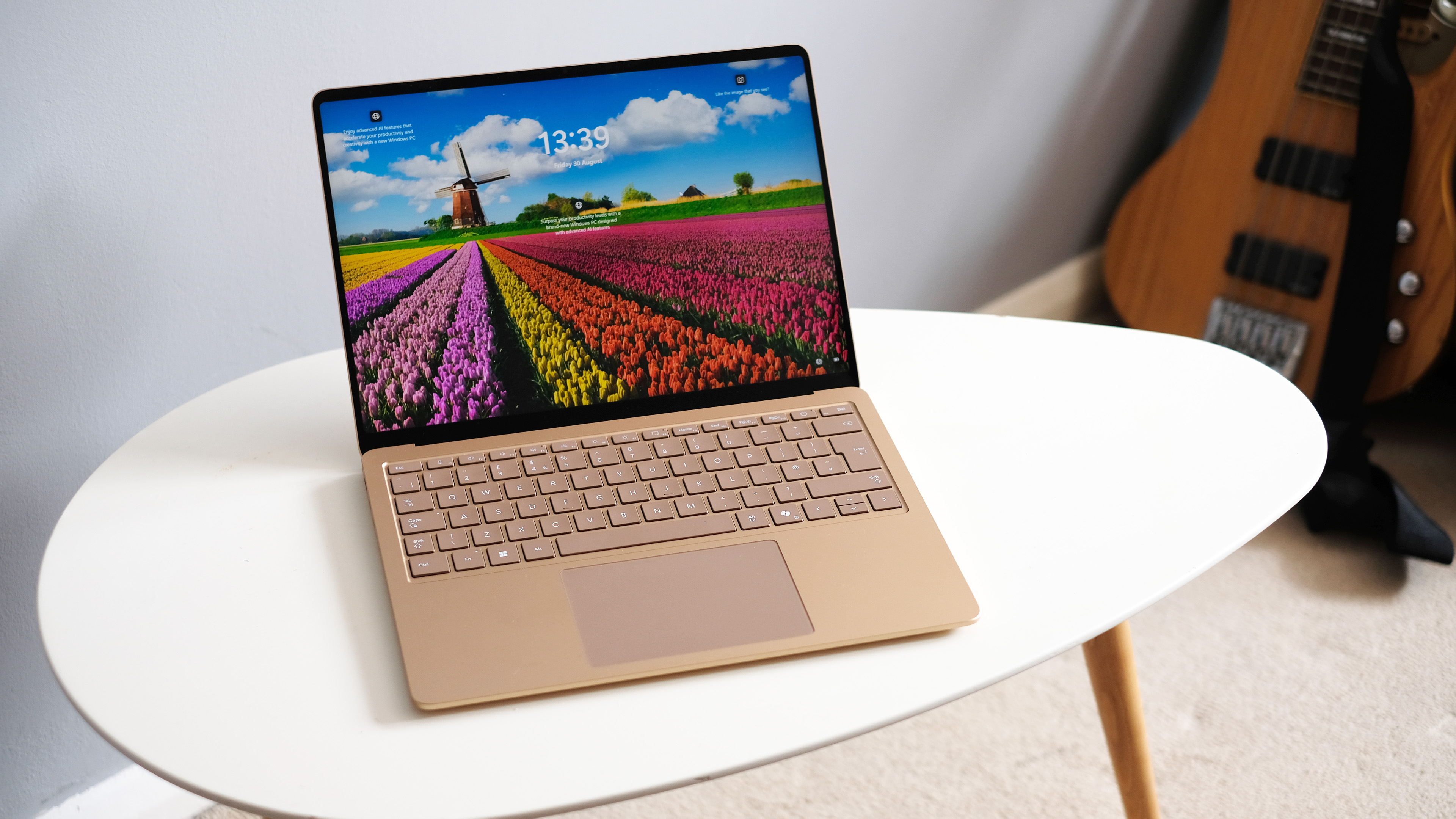 I tried a Snapdragon feature that's a game-changer for Netflix, Amazon and more
I tried a Snapdragon feature that's a game-changer for Netflix, Amazon and moreMoises Live can isolate and enhance audio in real-time using the Elite X's NPU
By Mike Lowe
-
 Under Armour's new sneaker doesn't play by the old rules
Under Armour's new sneaker doesn't play by the old rulesIf this is the future of the brand, it's off to a running start
By Matt Kollat
-
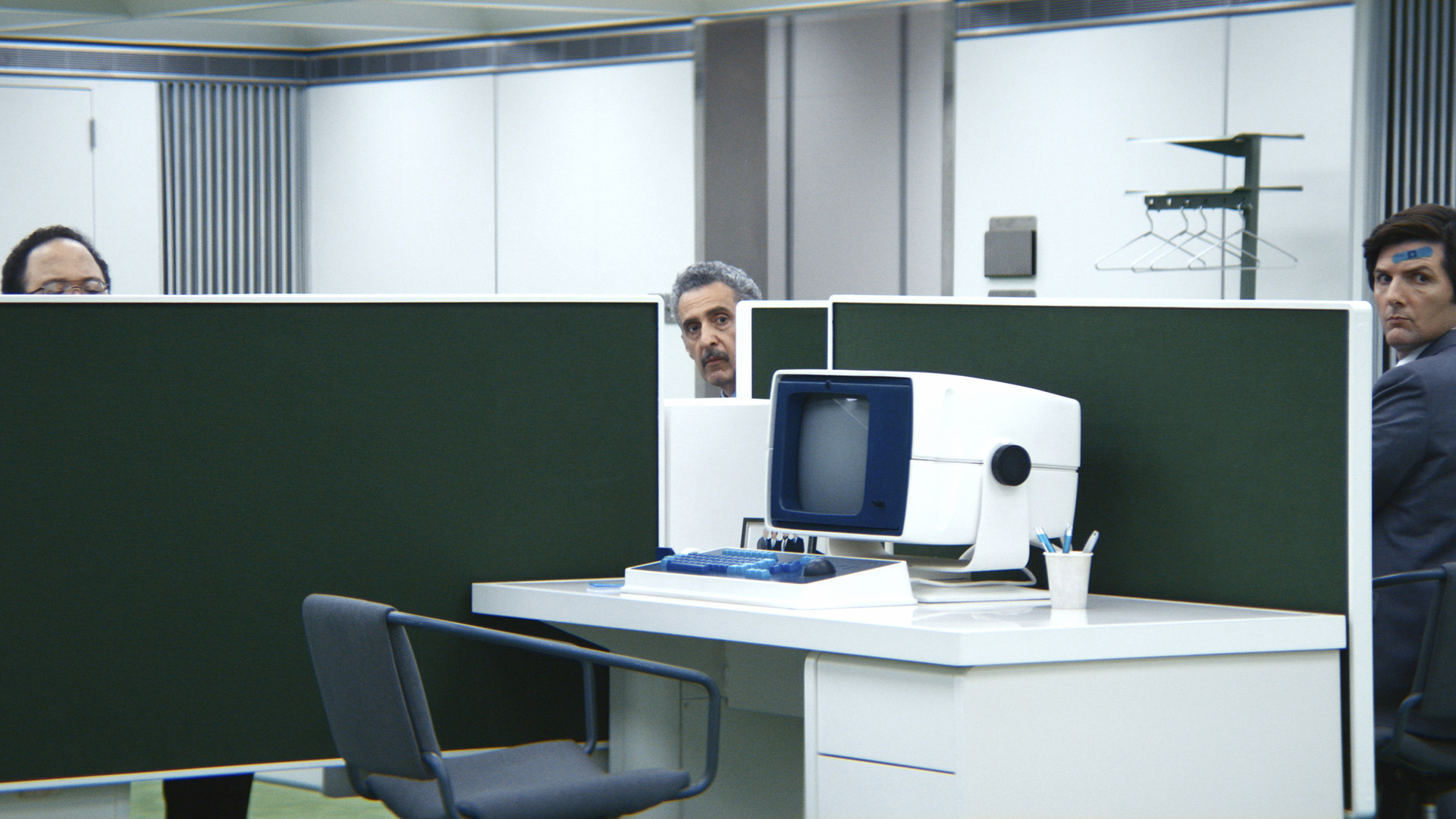 Apple's Severance computer may have been a joke, but the keyboard is coming for real
Apple's Severance computer may have been a joke, but the keyboard is coming for realTell us where we can sign up!
By Britta O'Boyle
-
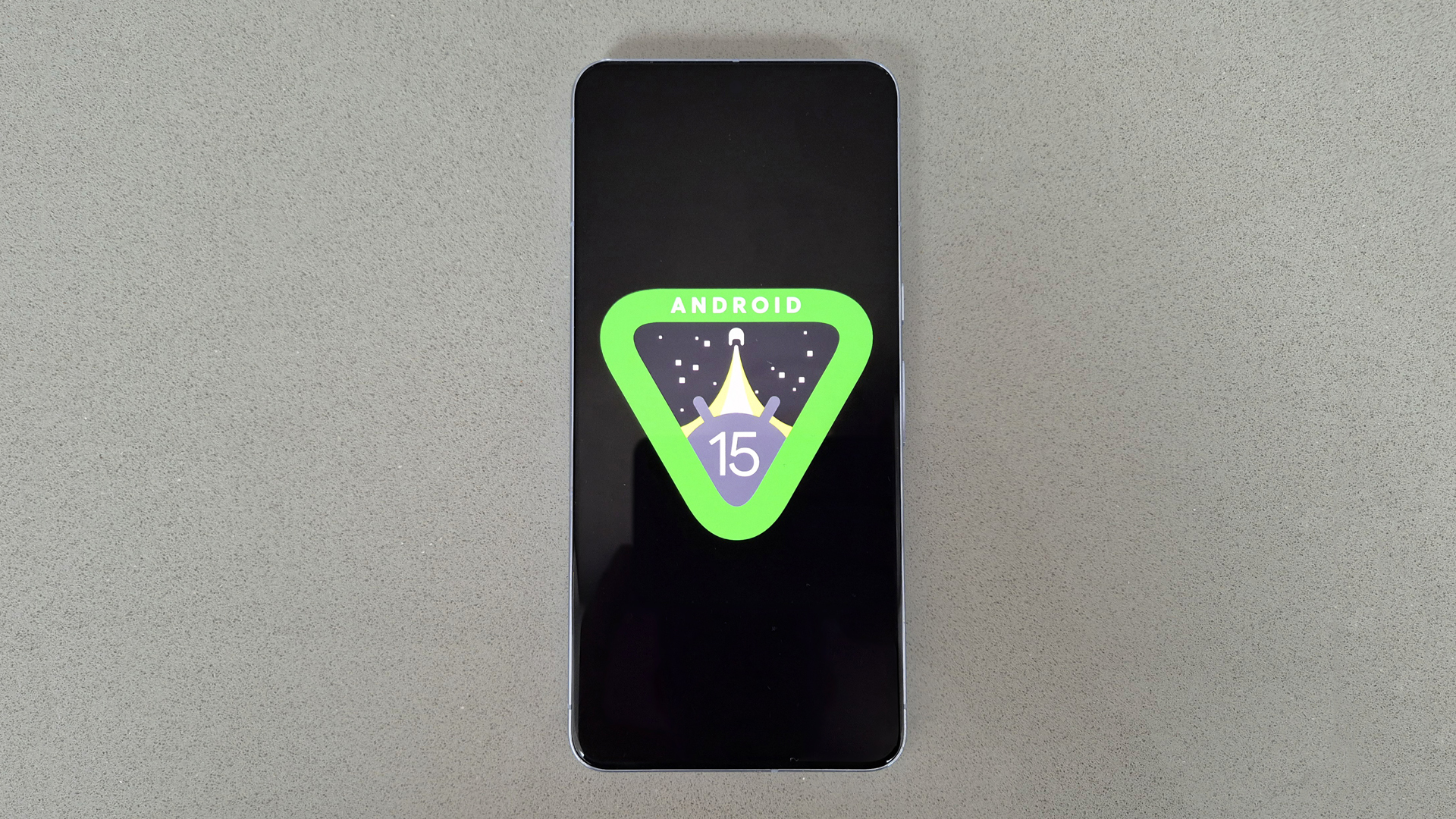 Google delivers bad news for budget Android phones
Google delivers bad news for budget Android phonesCheaper Android phones might need to change to meet new Google rules
By Chris Hall
-
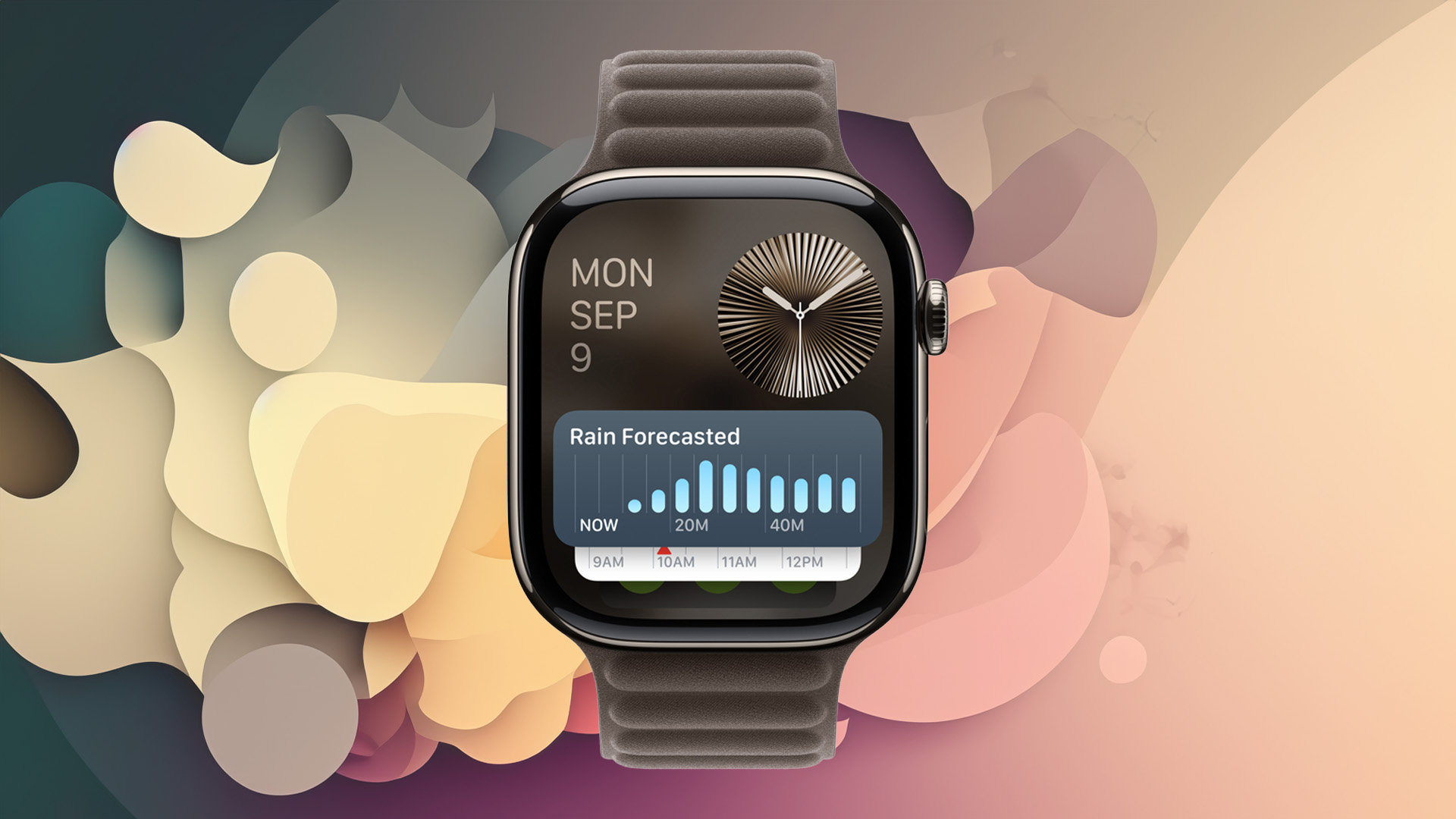 Apple Watch is set to get Apple Intelligence this year, but only with a little help from a friend
Apple Watch is set to get Apple Intelligence this year, but only with a little help from a friendBring on watchOS 12
By Britta O'Boyle
-
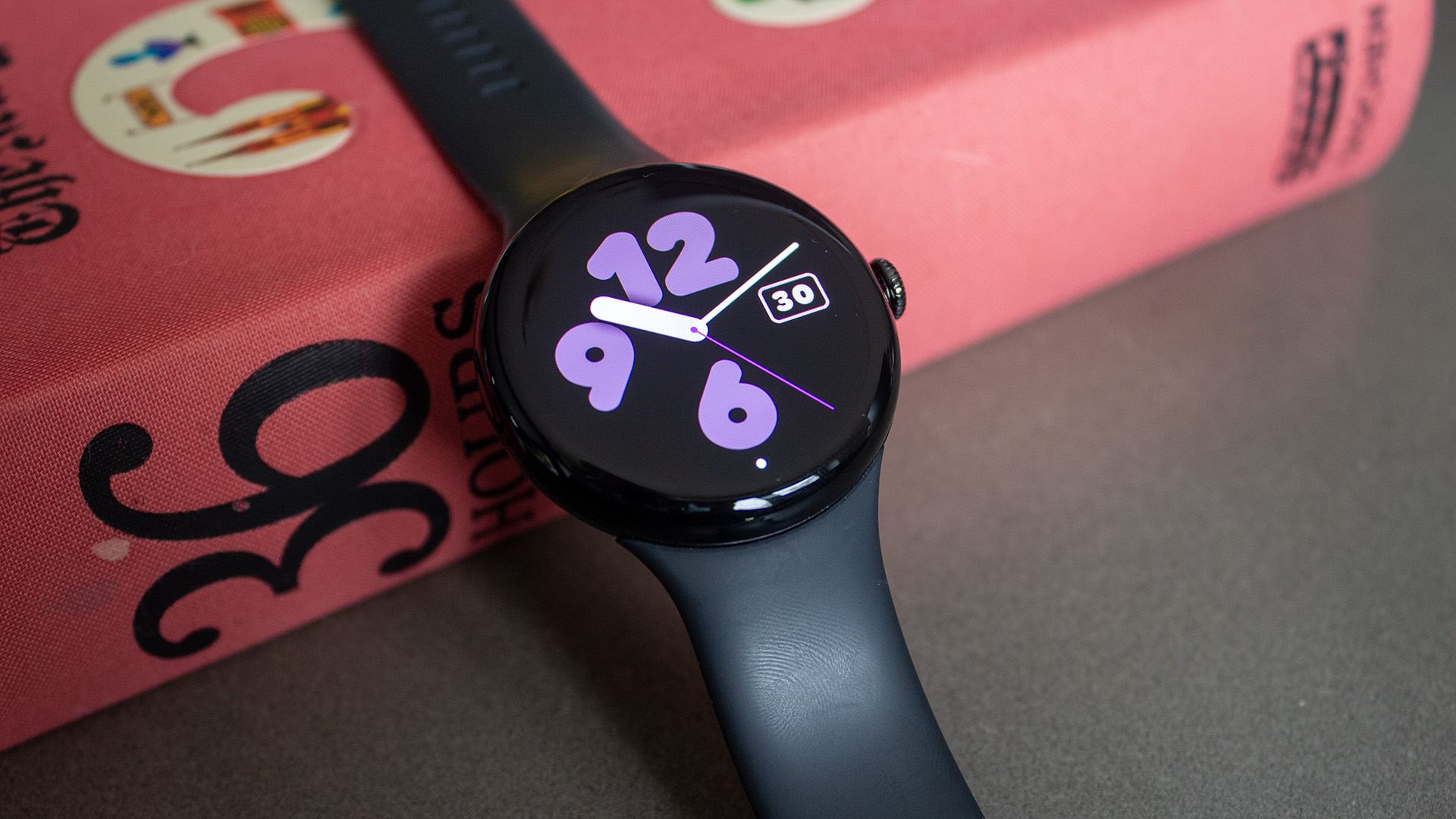 Google Pixel Watch 4 renders show a welcome design change
Google Pixel Watch 4 renders show a welcome design changeAnd one we're less thrilled about
By Britta O'Boyle
-
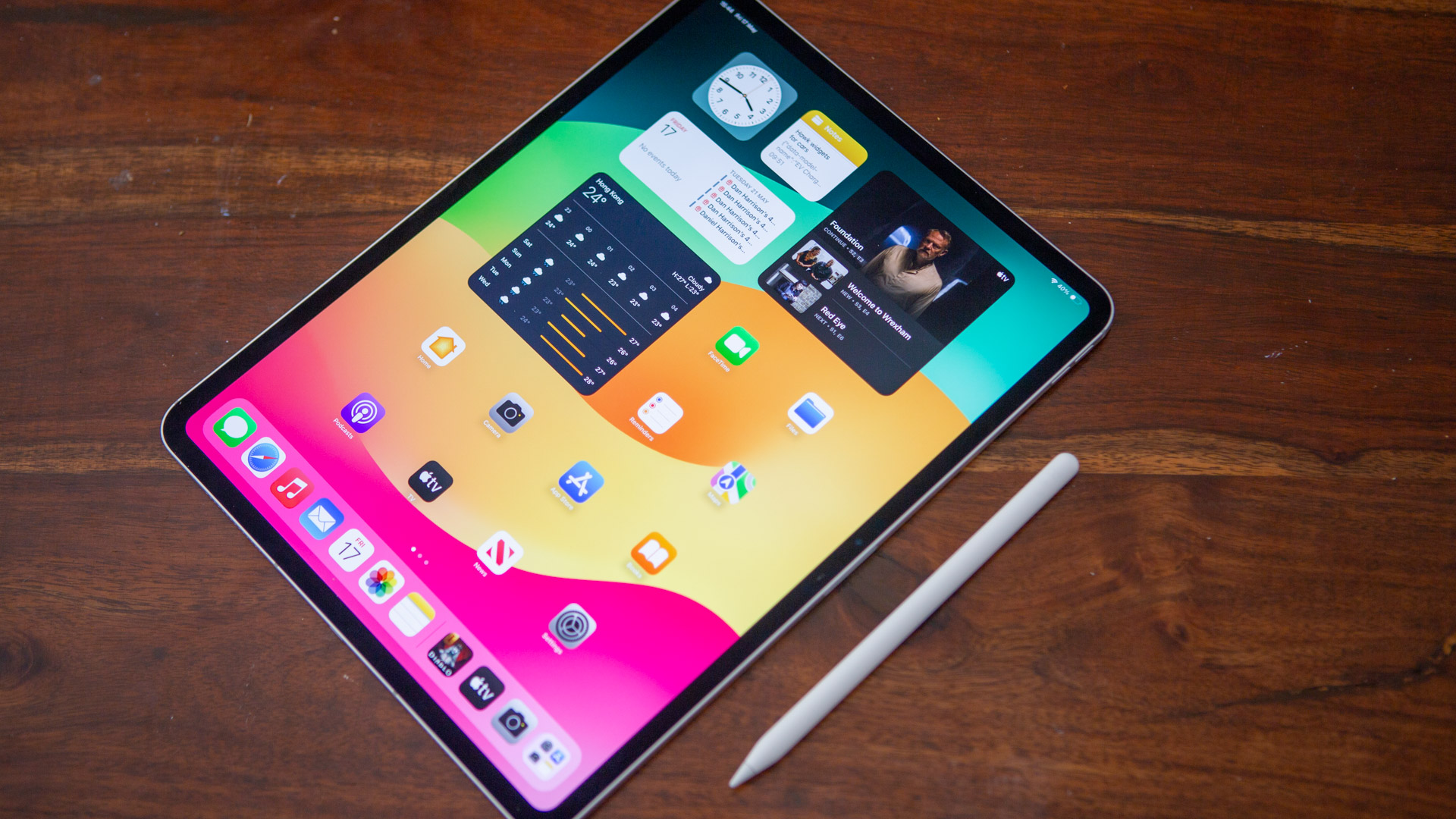 iPad reportedly getting major makeover and your current model could benefit too
iPad reportedly getting major makeover and your current model could benefit tooApple is said to be making a change that iPad power users have been wanting for years
By Carrie Marshall
-
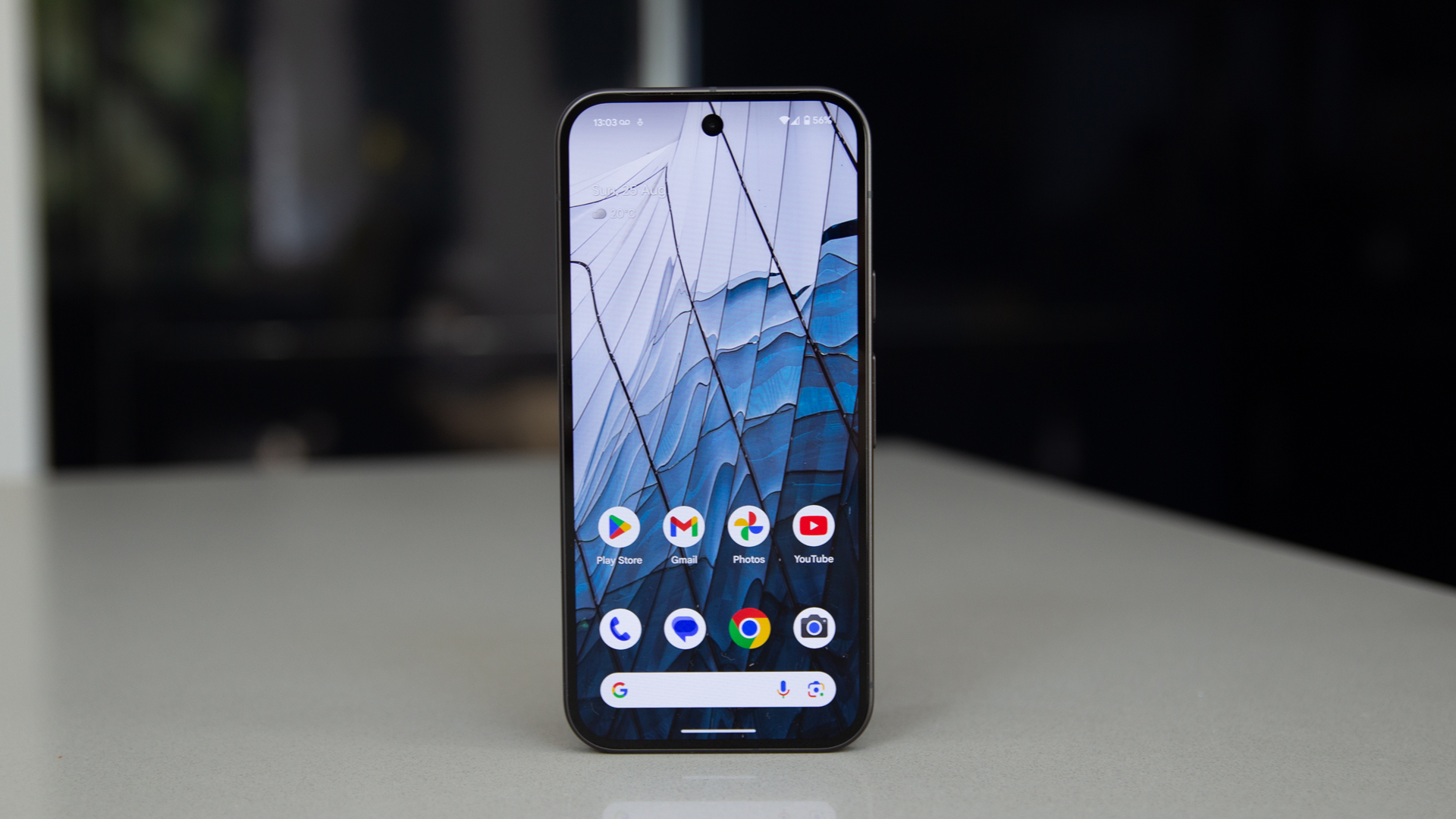 New Google Messages feature will make millions very happy
New Google Messages feature will make millions very happyIt's going to end a serious messaging blight
By Sam Cross
-
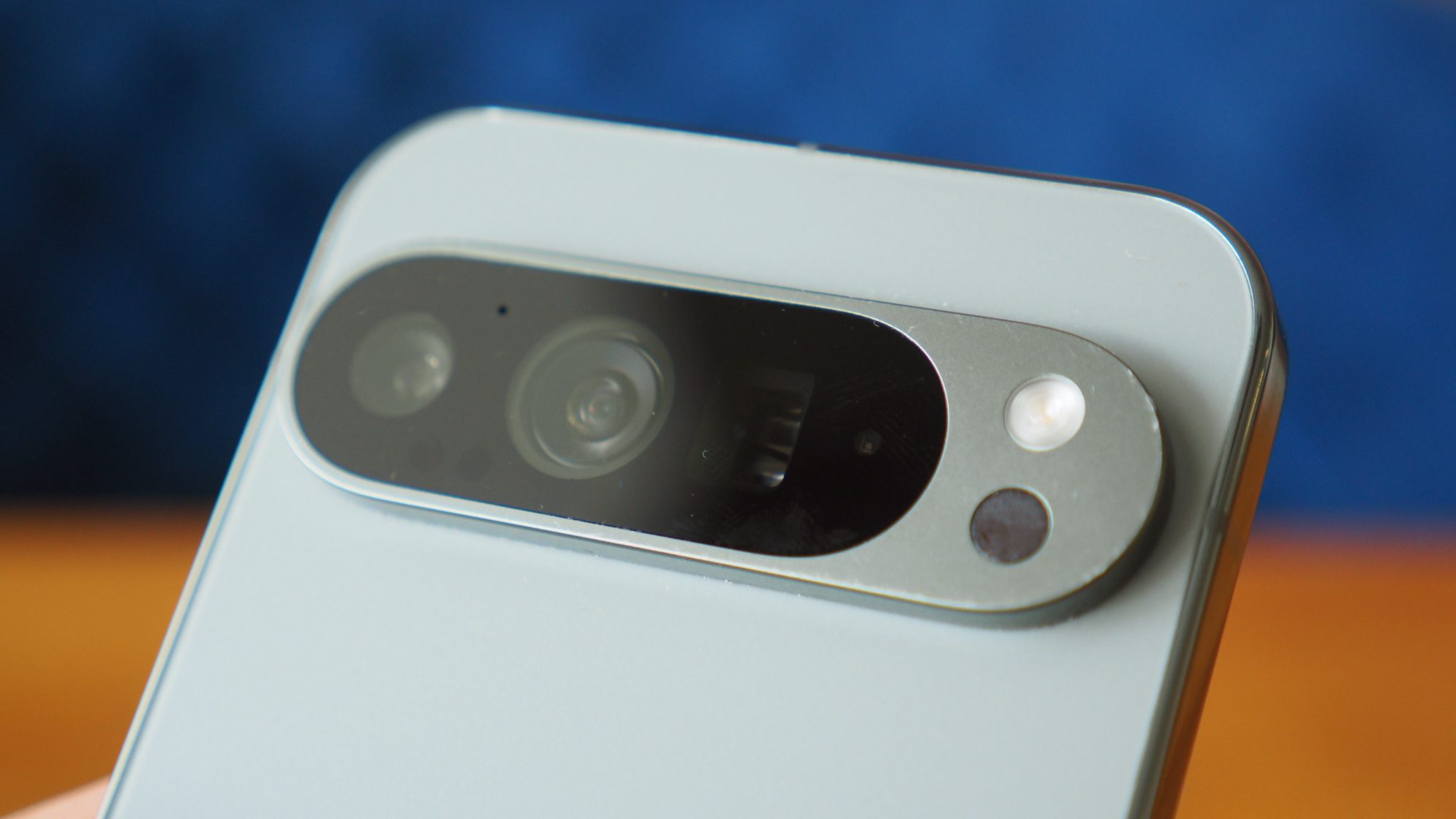 In an age of exciting upgrades, Google could downgrade the Pixel 10 instead
In an age of exciting upgrades, Google could downgrade the Pixel 10 insteadThere’s a change coming to the Pixel cameras and it could cause a stir
By Chris Hall
-
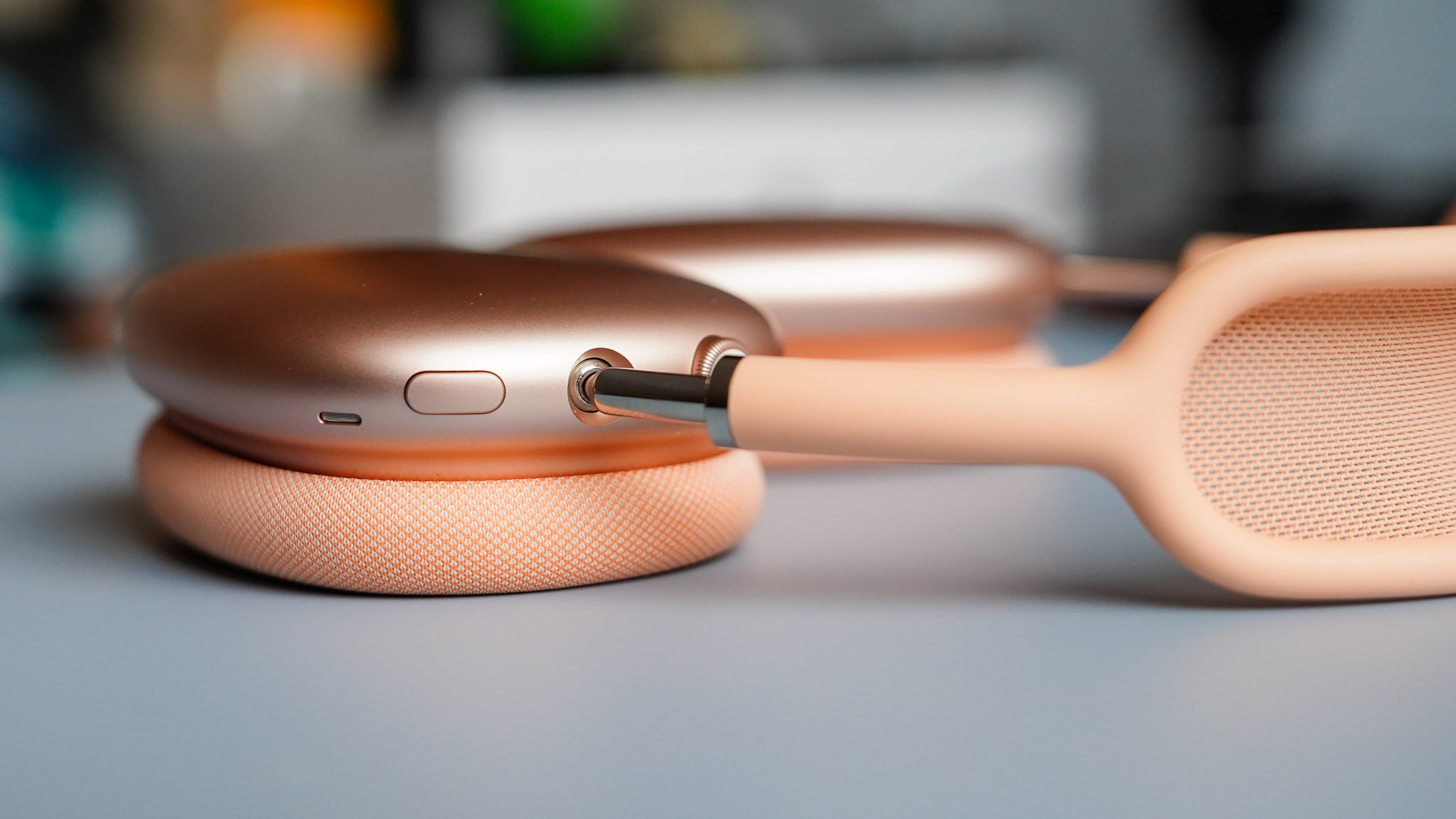 AirPods Max finally get the great free upgrade Apple promised
AirPods Max finally get the great free upgrade Apple promisedHere's how to make sure your headphones are running the right firmware
By Britta O'Boyle